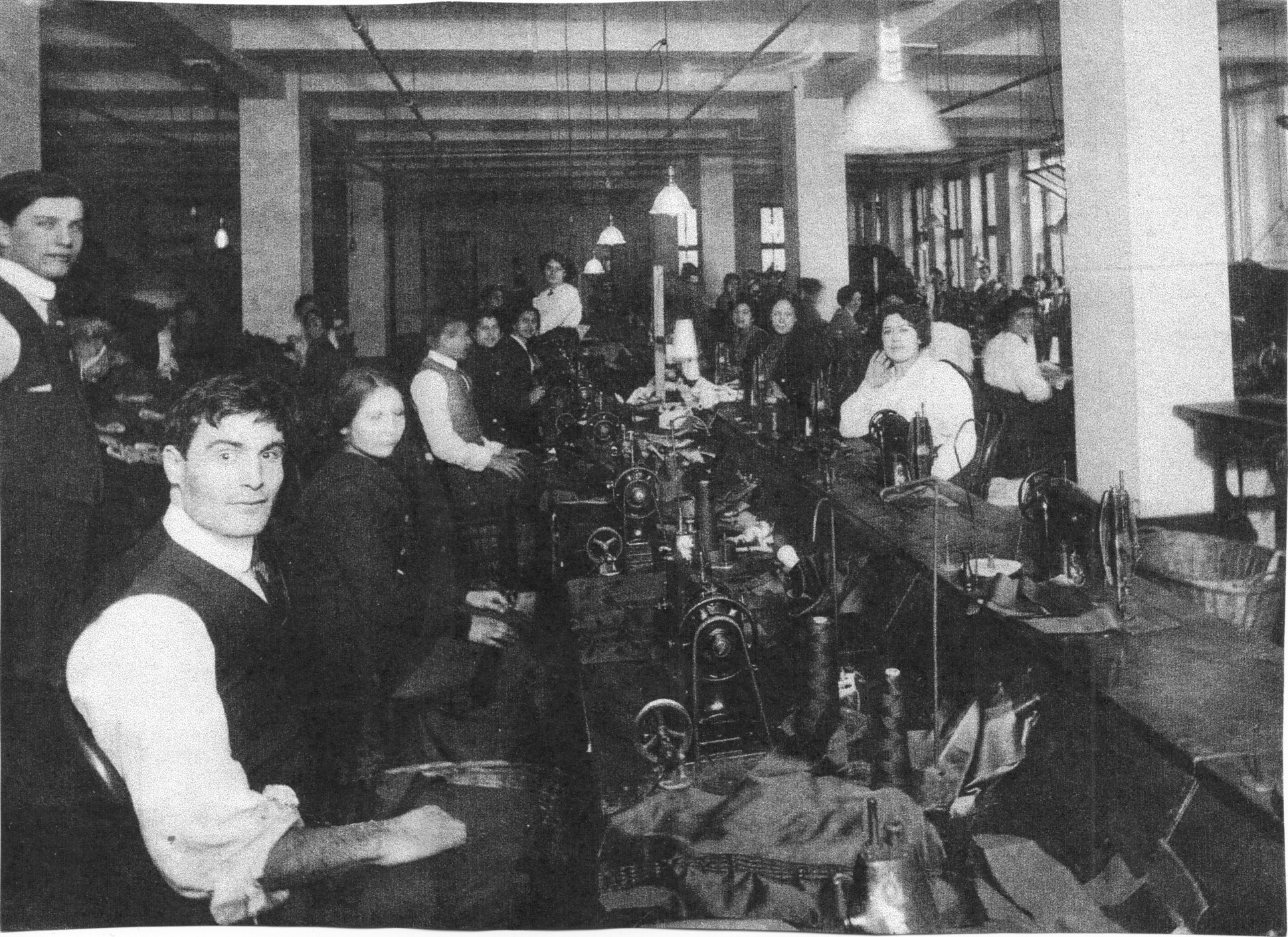Regulations implementing the Pregnant Workers Fairness Act would protect 2.8 million pregnant workers WASHINGTON, D.C. – April 26, 2024 – The National Partnership for Women & Families is calling out the recent partisan lawsuit led by 17 states to...

113 Years Later, We Remember the Triangle Shirtwaist Factory Fire
Today, we remember one of the deadliest industrial disasters in U.S. history – the Triangle Shirtwaist Factory fire of 1911. Triangle Shirtwaist Factory owners locked doors and stairways to prevent theft, stop unauthorized breaks, keep union organizers out. After a matter of minutes, over 100 workers, mostly young, immigrant women and girls, died. Many others became permanently disabled.

My great, great grandmother Sadie worked in the Triangle Shirtwaist Factory in the early 1900s. Above is a picture of her working – she is the woman in the white blouse under the light structure. My grandmother quit her job at the factory just weeks before the fire due to the horrific conditions. She had the privilege to make a choice that quite possibly saved her life – so I am here today to tell her story. But not everyone was so lucky. So many stories were cut short because owners prioritized profit over human beings.
While we mourn their loss even today – 113 years later – we are also reminded of the lessons we must apply when it comes to equitable workplaces and safe conditions. Unions play an important role in keeping workers safe, especially women of color and disabled women. But anti-labor practices remain a concern. Our most vulnerable workers continue to experience discrimination, wage theft and threats to their safety in the workplace. But safe work environments benefit employers too. Safe work environments come with fewer costs, increased productivity and improved retention. It benefits everyone to foster a safe and respectful workplace.
I am so blessed to have a history of strong, brave women in my family and to follow in their footsteps as we continue this critical work at the National Partnership for Women & Families. And thank you to all the women, disabled people, people of color and LGBTQI+ folks who came before us, organized, made workplaces safer and advocated to ensure our economy works for everyone.

